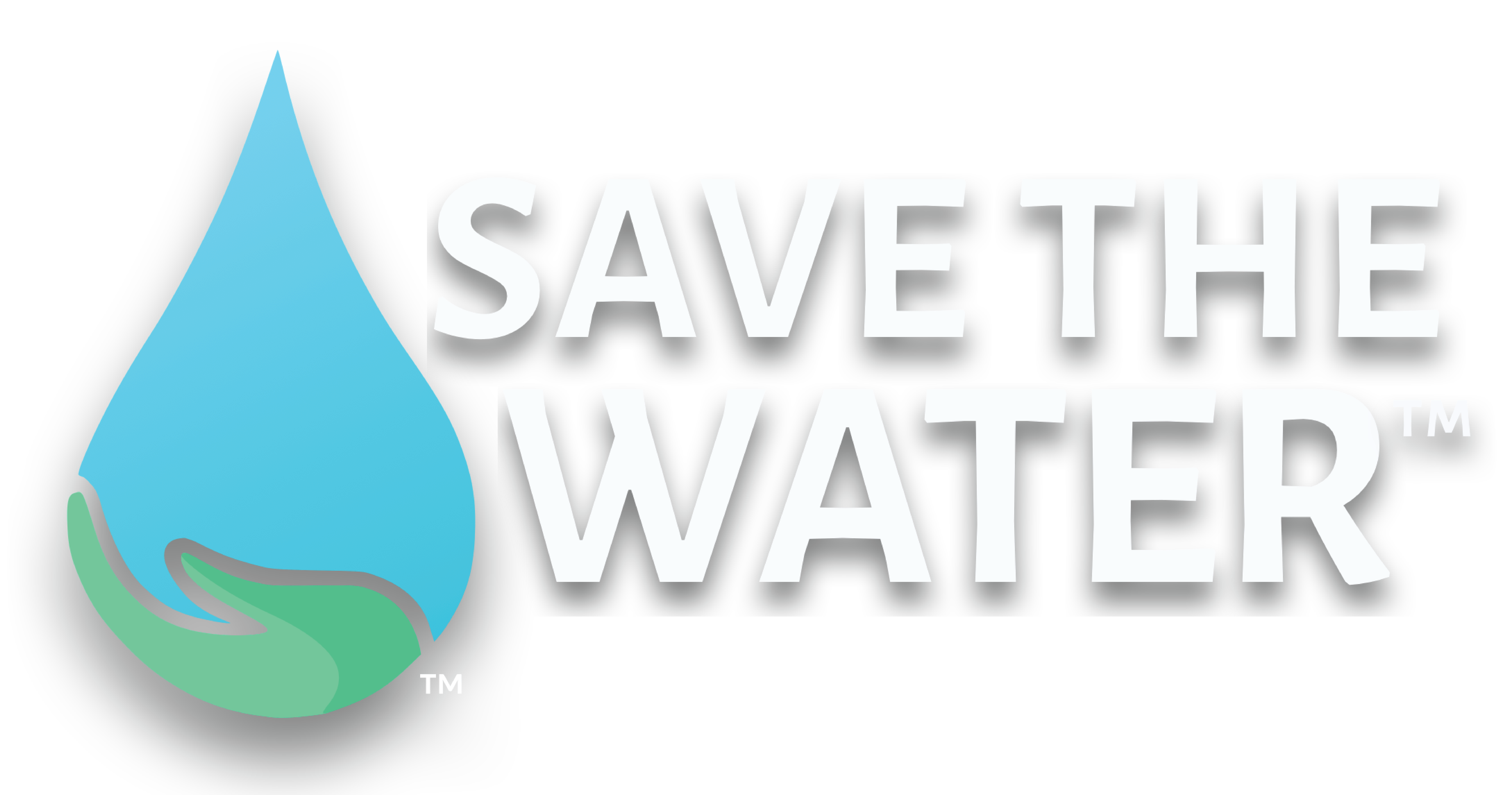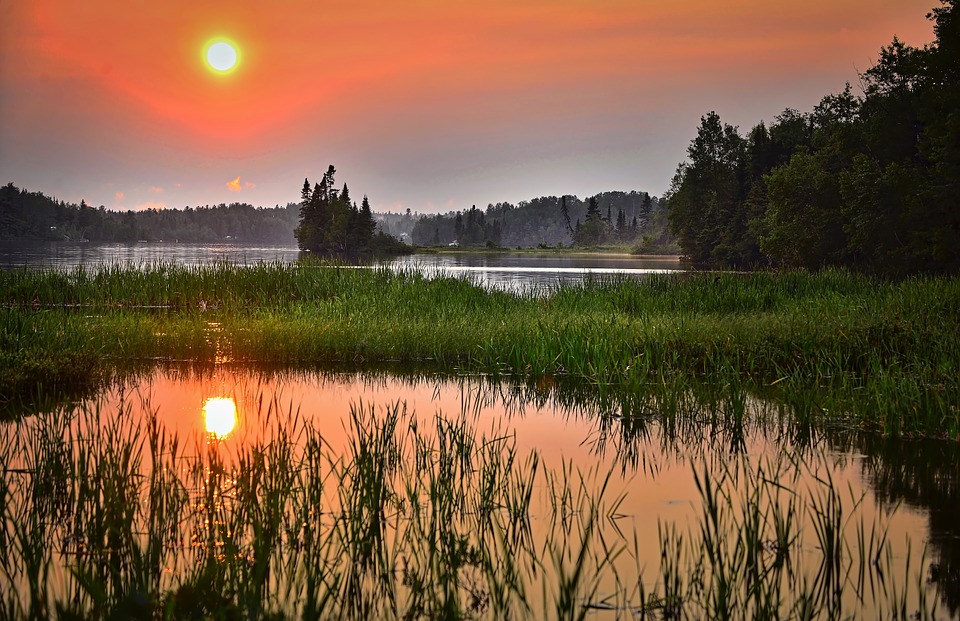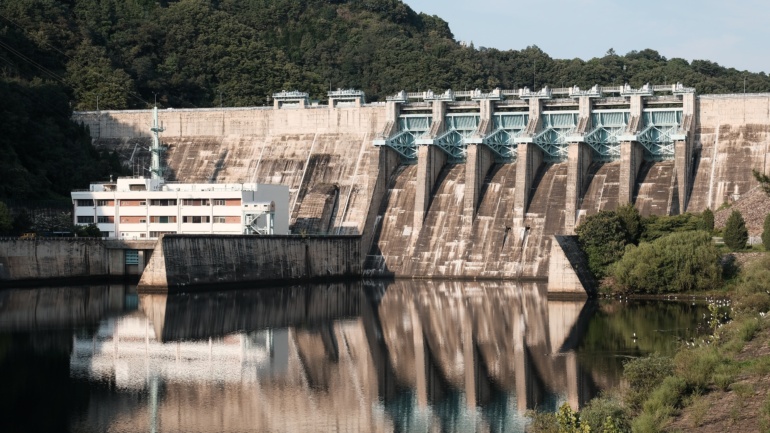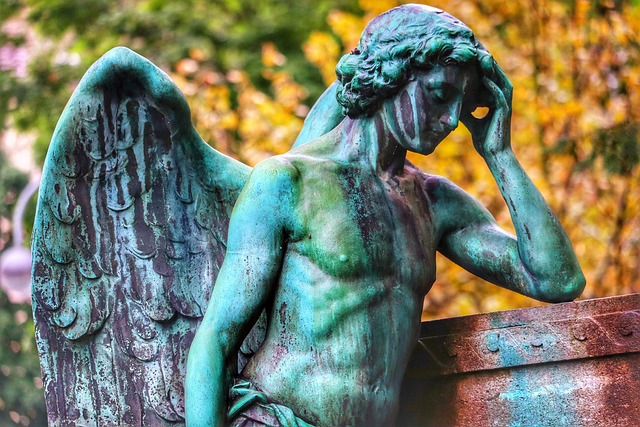By Emma Cheriegate, Staff Researcher & Writer at Save the Water™ | August 3rd, 2021
When you see water pouring from your sink, you probably don’t imagine the journey it took to get there. If you hear the phrase “water quality,” what comes to mind? Some of your initial thoughts might be about chemicals, pollutants, treatment plants, or even water sources: wetlands, lakes, aquifers, groundwater, etc. But there are complex networks in nature that support our access to clean water: ecosystems and their services.
Ecosystems are machines with many gears. If you remove one, benefits like water purification might shrink or disappear altogether. From the southern tip of Florida to the national stage, governments everywhere are pushing for protection of our water sources.
What are ecosystem services, and which affect our water?
Ecosystem services are the benefits humans receive from the environment. When an ecosystem is unhealthy, we lose out on some services. There are four types:
- Provisioning (ex: food)
- Regulating (ex: air quality, pollination)
- Cultural (ex: recreation, ecotourism)
- Supporting (ex: cycling nutrients, photosynthesis)
The water purification process falls under regulation. An example of such regulation occurs in wetlands. This type of ecosystem purifies water by trapping sediments and removing nutrients and harmful chemicals. On their journey to the watershed, tiny sediment particles settle as the water begins to slow. Wetlands can remove up to 90% of these sediments! This happens in a similar fashion in floodplains. Known there as bank filtration, the water seeps into the banks, refilling important aquifers!
Plants that live in wetlands can absorb nutrients (such as nitrogen and phosphorus) as stream flows or runoff water pass through their roots. When the plants die, the nutrients are recycled. Harmful chemicals can either be absorbed in the same way, broken down by biological processes, or embedded in sediment. Wetlands are especially efficient at regulating water quality, which has led to the construction of artificial wetlands to treat wastewater. And while these wetlands can perform well, there are some drawbacks. Namely: design costs, inability to treat certain complex pollutants, and potential to harm some wildlife.
How can we keep them healthy?
There is no perfect path to maintain healthy ecosystems. But there is an agreement among scientists of their significance. Currently, the development of models to understand the value of ecosystem services is steadily increasing. Many studies of conservation efforts and their results are available through a simple entry in a search engine. In fact, Pew Trusts (which funds Pew Research Center) published an article detailing the 15 top conservation issues of 2021, with the majority of them mentioning or relating to ecosystem health.
Politicians are recognizing the need for change in this area, with new legislation being proposed around the world. Internationally, China is designating 25% of its land for ecological conservation, central African supporting conservation, and the European Union introducing new protections of their forests.
In sum, ecosystems need protection for humans’ continual benefit of their services. Conservation efforts start with awareness and gratitude. By understanding ecosystems’ complexity, communities can become keen on advocating their health. The path forward is paved first with understanding, and second with action.





